Professional Degrees Can Receive Recognition by the State in Russia
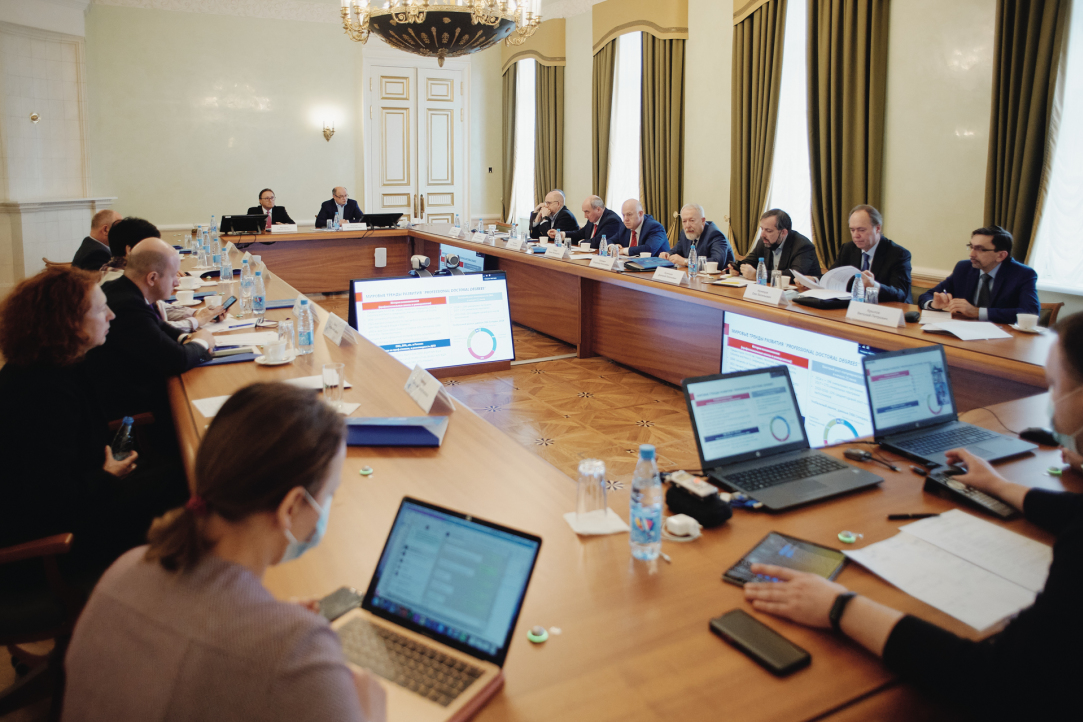
Currently, the professional degrees – Doctor of Business Administration, Doctor of Public Administration and Doctor of Law – are awarded by seven Russian universities and one business school. In February of this year, the Russian Ministry of Science and Higher Education initiated consideration of state recognition of these degrees. During a discussion at the Higher School of Economics, representatives of higher education institutions discussed what needs to be done to make this recognition possible.
Over the last twenty years, Russia has been discussing the possibility of awarding so-called professional degrees, which would be as important for the state and society as academic degrees of candidates and doctors of sciences. The basis for awarding such a degree could be not the scientific novelty of the paper presented by the candidate, but its purely applied nature, practical relevance, importance of the generalised experience, and leadership in the development of managerial thought.
Valery Katkalo, First Vice Rector of the HSE and Dean of the HSE Graduate School of Business, said that professional degrees are now awarded all over the world – for example, 43 professional degrees are recognised in the USA and 66 in the UK. They cover a wide range of fields of training in the so-called professional schools of universities - business, law, engineering, journalism, design and some others. To be awarded a degree, you not only need to prepare a paper at a high professional level but also to master a comprehensive educational programme. The demand for these programmes is growing worldwide, which is an important benchmark for us.
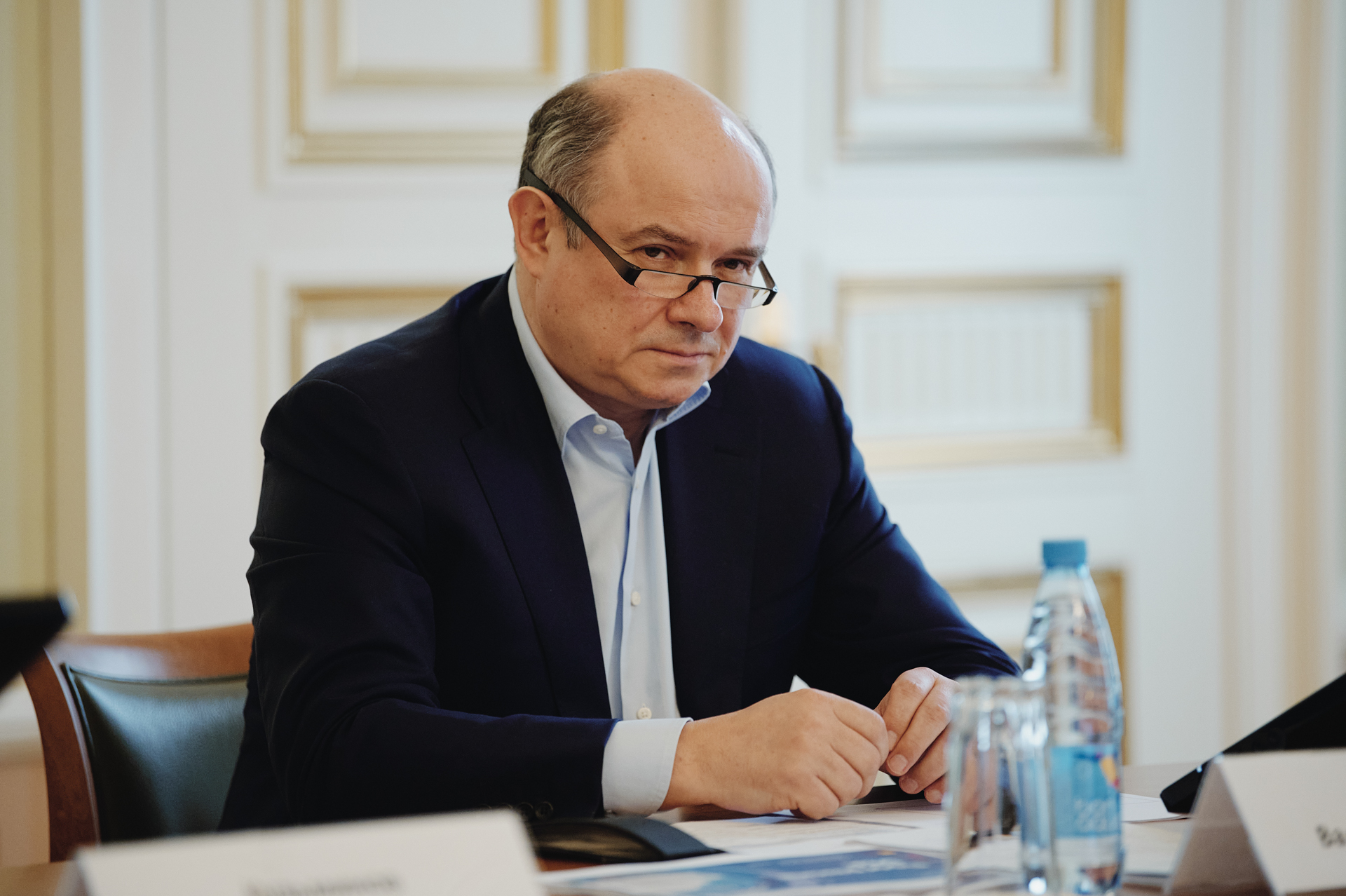
Russia has experience of implementing such programmes, but on a much smaller scale. Today, there are 17 professional degree programmes at seven state universities and one non-state business school. The range of degrees is not great either – the most popular ones are DBA (Doctor of Business Administration) and DPA (Doctor of Public Administration), Doctor of Law degree is less common. Russian Presidential Academy of National Economy and Public Administration is regarded as the originator of the DBA and DPA, while the Higher School of Economics is regarded as the originator of the Doctor of Law programmes. All these degrees are awarded by the universities themselves, and the state provides graduates with a professional retraining diploma. "There is a need for public and state recognition of these degrees," concludes Valery Katkalo.
The Higher School of Economics recently introduced another initiative for such recognition. HSE Rector Yaroslav Kuzminov sent a letter to the Russian Minister of Science and Higher Education Valery Falkov, and on February 5, by order of the Minister, a working group was set up to prepare the concept of introducing professional degrees in Russia. The working group is headed by Vladimir Filippov, Chairman of the Higher Attestation Commission and President of the Russian Peoples' Friendship University, and Alexander Shokhin, President of the Higher School of Economics and Head of the Russian Union of Industrialists and Entrepreneurs.
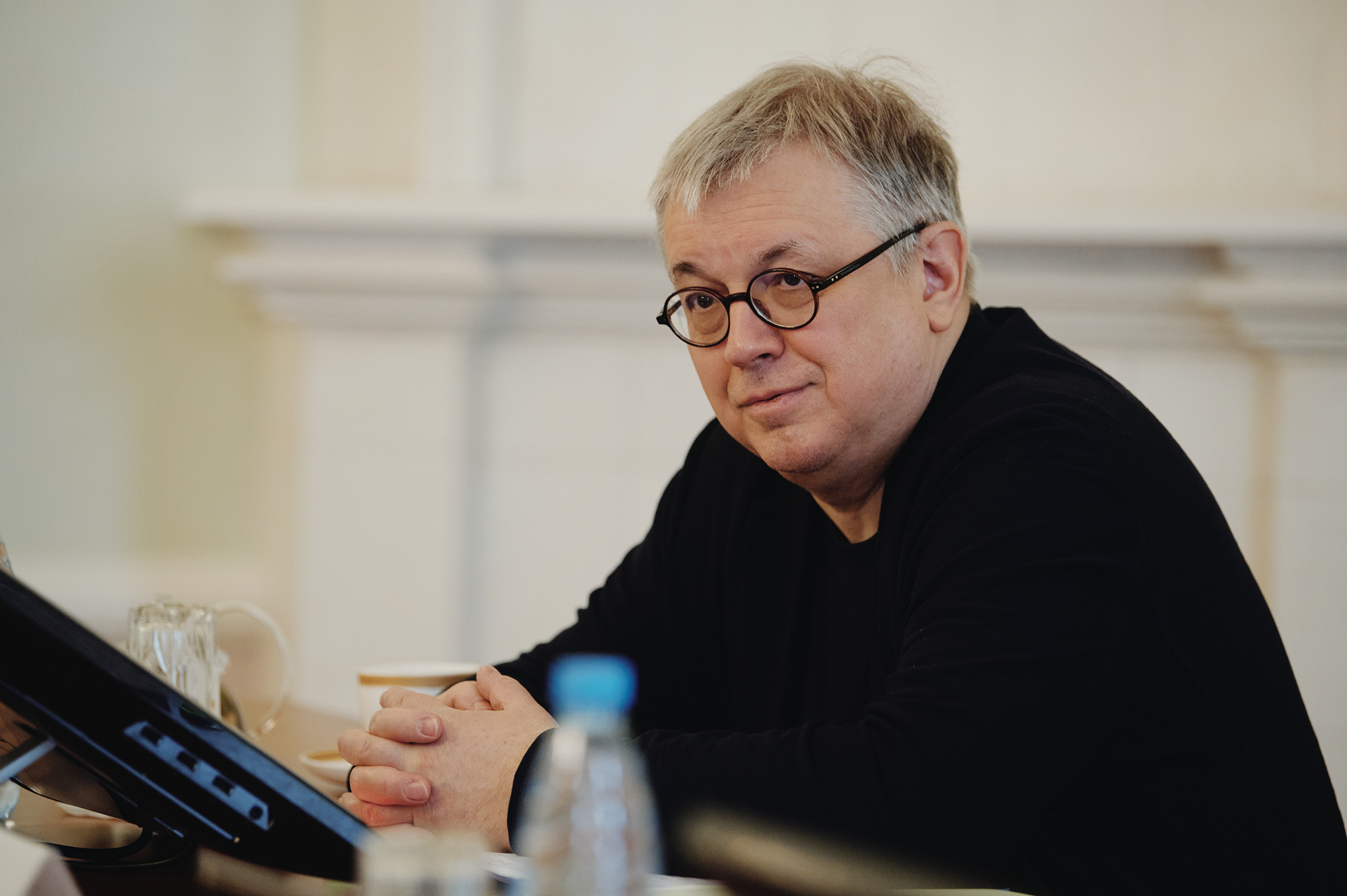
The concept will include Russian and international experience, the possibility of awarding professional degrees will remain in those areas where it already exists, and will appear in new ones. As Pavel Romanov, professor at Peter the Great St. Petersburg Polytechnic University, noted, a professional degree in engineering is currently in demand, it will allow the recognition of practically oriented achievements, and this was recognised in the professional community several years ago.
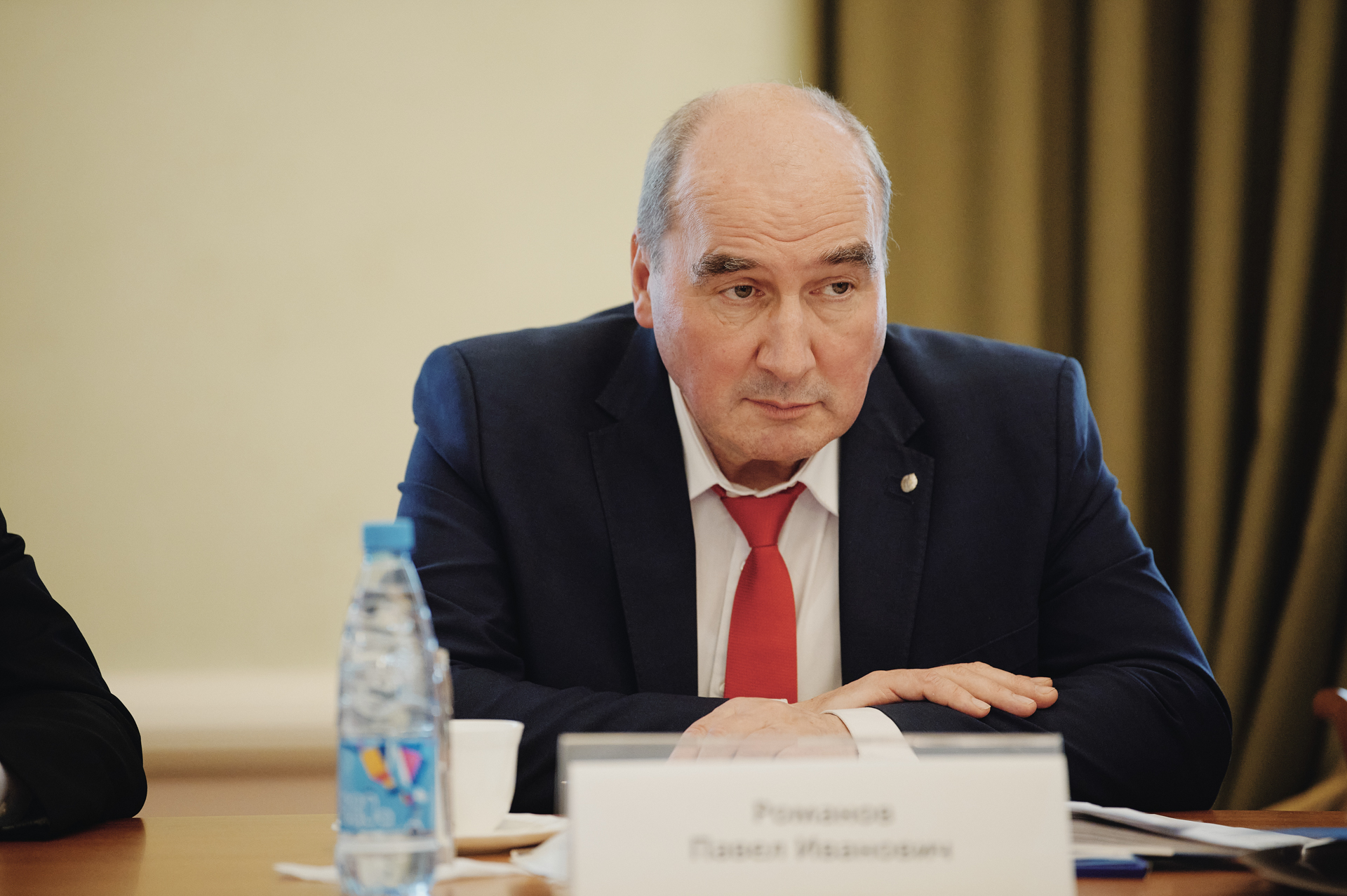
Ilya Kiriya, Head of the School of Media at the Higher School of Economics, spoke about designing a professional degree with the working title "Digital Media", which could bring together several fields, including design.
"We have attracted a huge number of professionals who are not 'academics' to the Art and Design School, at the Faculty of Communications, Media, and Design. This implies that next to the line of academic merit and achievement, another line is gradually taking shape. It is still chaotic, personal reputation means more there than formal merit, but it is a large-scale process. We must offer Russian universities and the international community a new line of professional achievements and merits that objectively reflects the processes of attracting practitioners to universities," said Yaroslav Kuzminov.
The working group has to answer a wide range of questions in a very short time. For example, what will serve as the basis for awarding a professional degree – a project defence, a major applied achievement or something else? Will it be degree or continuing education programmes? What is the entry level required for enrolment? Who will be on the defence boards? Who will approve the results of the defence?
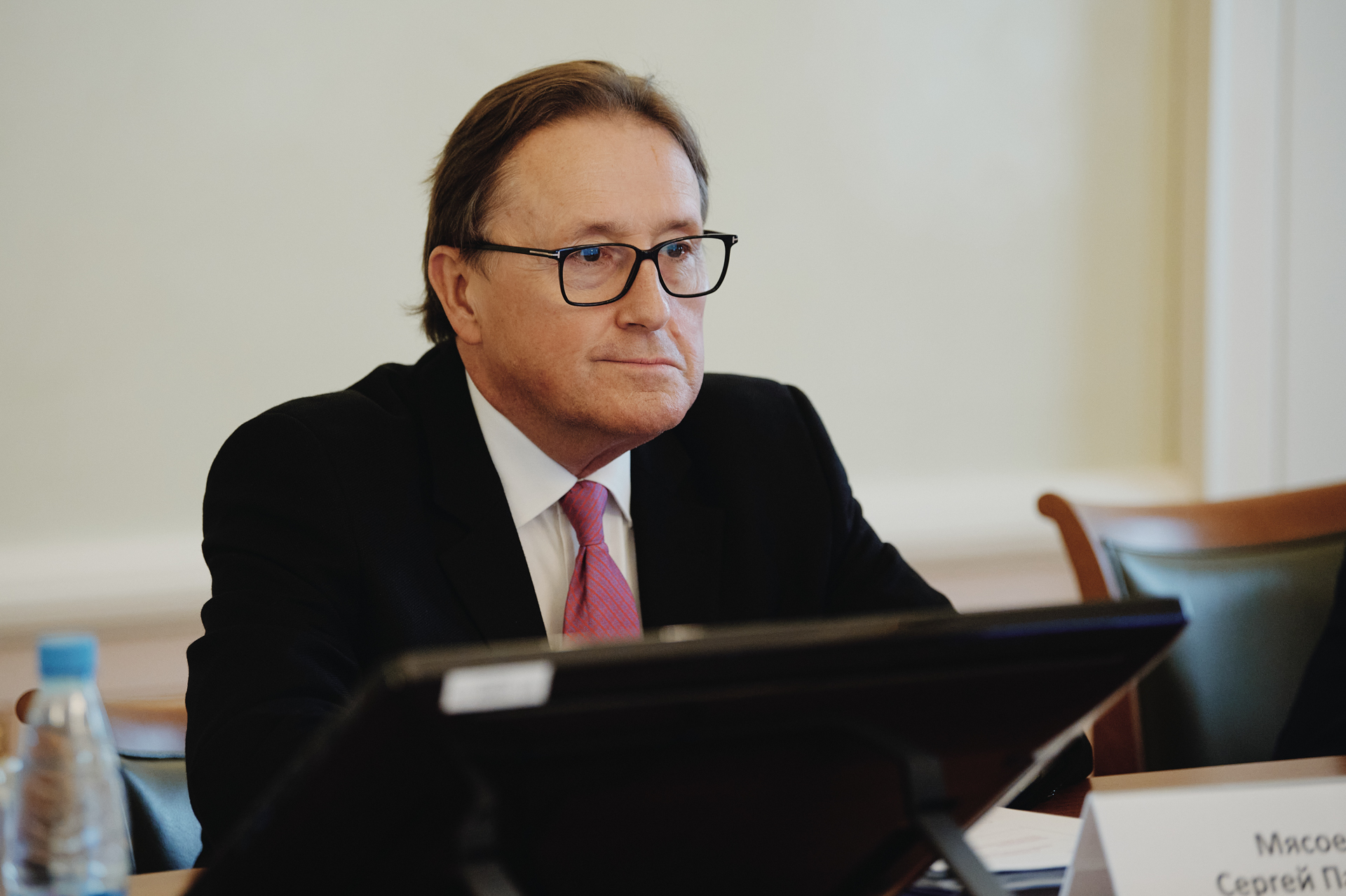
According to Sergey Myasoedov, Vice Rector of RANEPA, President of the Russian Association of Business Education, DBA and DPA programmes should be distanced from higher education, as they are about life-long learning. They should be flexible, adapted to the market, geared towards managers with extensive experience. In addition, these programmes should not train yesterday's university graduates to become practising professors - this could devalue the programmes and cause them to lose market share. Vadim Petrov, Vice Rector of the National Research University "MISIS", proposed to include a reference to DBA programmes in professional standards – this would allow the qualification to be recognised at the state level.
According to Vladimir Filippov, in May the working group will hear an analytical report on the global and Russian experience of awarding professional degrees and discuss the draft concept of their official introduction in Russia. After that, the materials will be submitted for discussion to the key stakeholders - the State Duma committees, the Russian Union of Industrialists and Entrepreneurs, and other professional and public associations.
